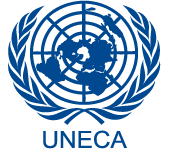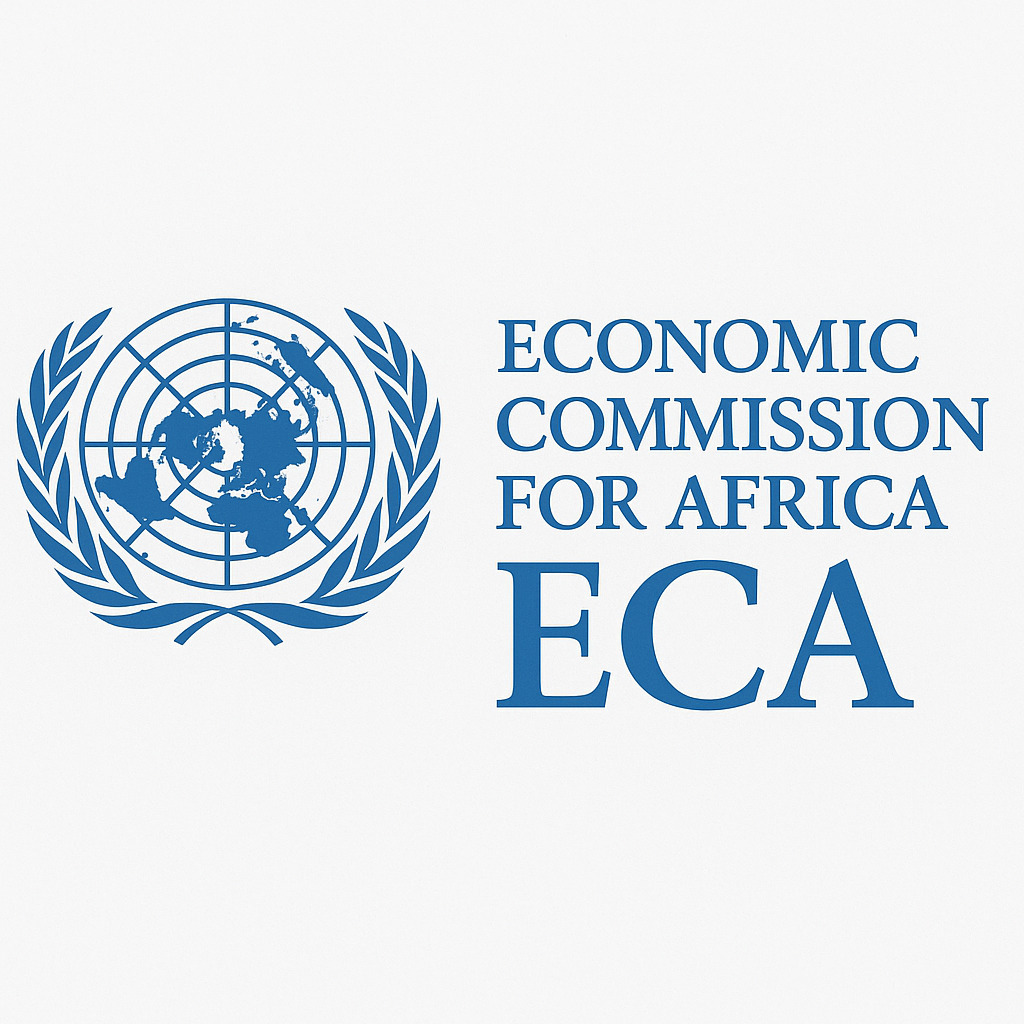In Nigeria, a growing financial injustice is taking root, one that goes largely unnoticed by the general public yet steadily erodes the financial stability of ordinary citizens. In a country where inflation, unemployment, and economic instability already place significant burdens on the average Nigerian, the recent hikes in bank charges, particularly on transaction alerts, represent an additional, hidden drain on financial resources. These charges, often justified under the guise of operational costs and revenue generation, are increasingly being perceived as a form of financial bullying a practice that preys on those least able to afford it.
For individuals like Dorathy Azinge, a customer of GTCO, the introduction of a ₦6 charge for every SMS alert has become a source of frustration. “This is exploitative,” she remarks, highlighting how such charges add to the mounting costs of daily banking services. What makes these fees more aggravating is that they occur after the customer has already paid for the transaction itself. They are then penalized for simply being informed of the transaction they already paid for. The fee structure is a clear example of a system designed to extract more from the people who already have the least.
In addition to SMS charges, Nigerians are burdened with a range of other fees:
- ATM Withdrawal Fees: Using an ATM outside one’s bank network attracts fees. For instance, UBA charges ₦35 after three withdrawals on another bank’s terminal within a month.
- Account Maintenance Fees: Most banks deduct between ₦50 and ₦100 monthly for account maintenance.
- Transfer Fees: Sending money to another bank incurs charges, often with added VAT. For example, UBA charges ₦50 for transfers between ₦1,000 and ₦5,000.
- Card Maintenance Fees: Debit cards linked to savings accounts incur a ₦50 quarterly maintenance fee.
- Card Issuance Fees: Replacing or renewing a debit card can cost between ₦1,000 and ₦5,000, depending on the bank.
- Cybersecurity Levy: A ₦50 levy is charged on electronic transfers of ₦10,000 or more.
- Failed Transaction Charges: Even when a transaction doesn’t go through, some banks charge fees.
These charges are not merely transactional; they are structural. They disproportionately affect low-income earners, students, and small business owners who rely on basic banking services. For instance, a civil servant, Yusuf Adebayo, lamented, “Instead of encouraging people to embrace banking, it discourages them. A low-income earner making frequent transactions will feel the pinch of this fee over time.”
What is most troubling is the seeming disregard for the basic principle of fairness. While alternative methods like email notifications or app-based alerts are promoted, they are not feasible for many Nigerians, particularly in rural areas or among lower-income demographics who may not have access to reliable internet or smartphones. This leaves them with no choice but to continue paying for a service that should, by all rights, be included in the price of the transaction itself.
This situation calls for urgent intervention. The National Assembly and the Nigerian government must address the systemic exploitation within the banking sector. It’s critical that lawmakers take swift action to repeal these charges and regulate the banking industry to ensure that services essential to financial transparency and security are not used as revenue-generating tools at the expense of vulnerable Nigerians. Raking in revenue at the cost of financial well-being is an unsustainable practice that undermines trust in the financial system and perpetuates inequality.
The government must take a stand. It is time to rethink how banking services are structured and ensure that the financial system truly serves the people, rather than exploiting them. Financial bullying under the guise of service fees cannot continue to be the norm. The Nigerian people deserve a fairer system, one where banking is an enabler of financial progress rather than an obstacle.







